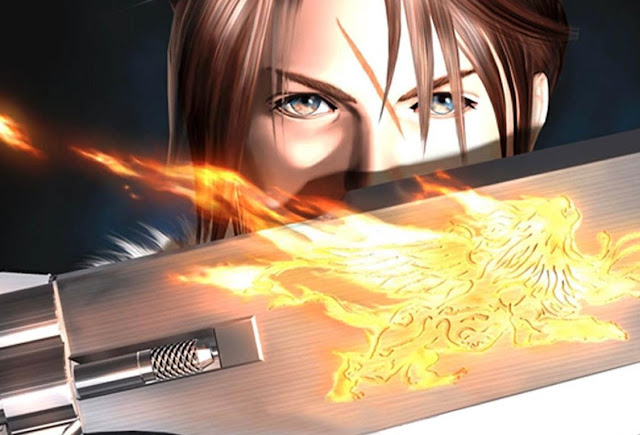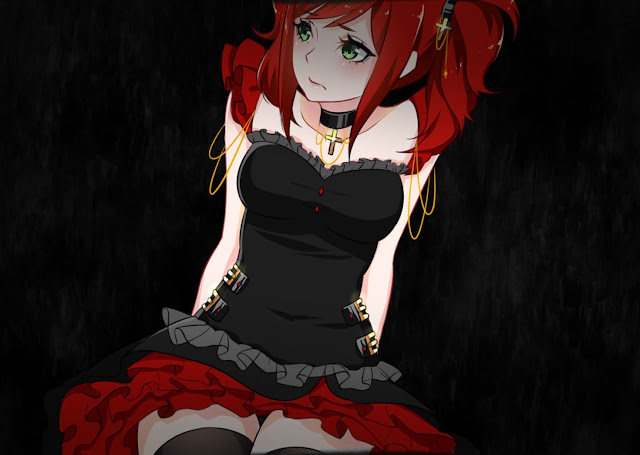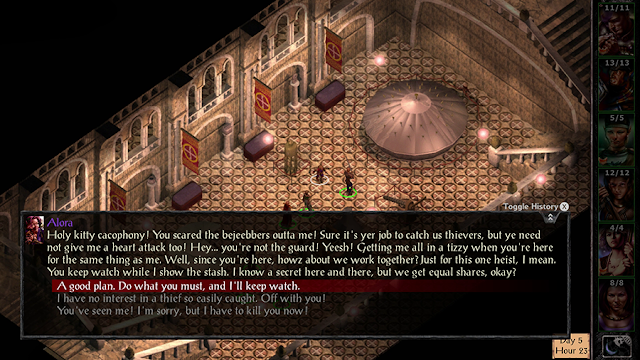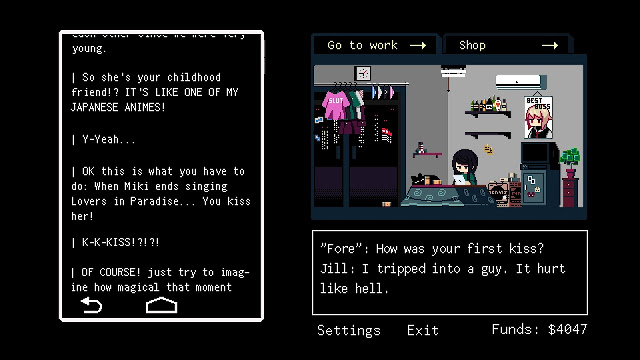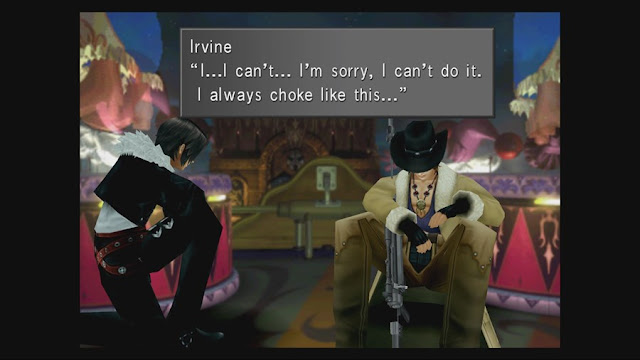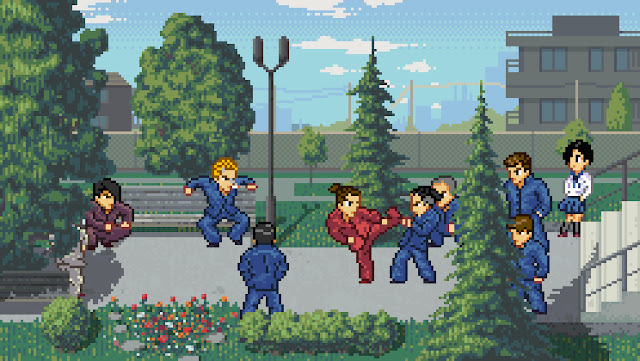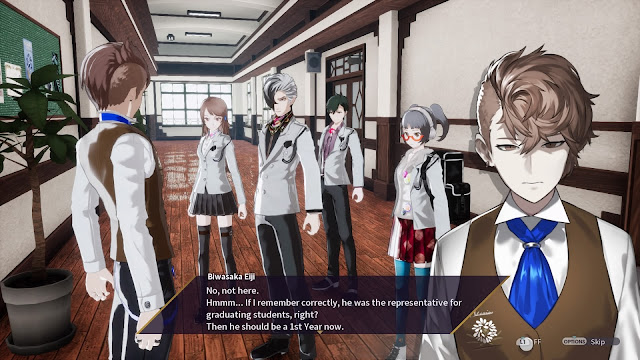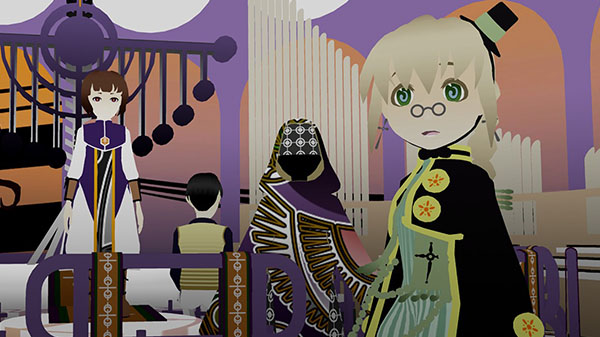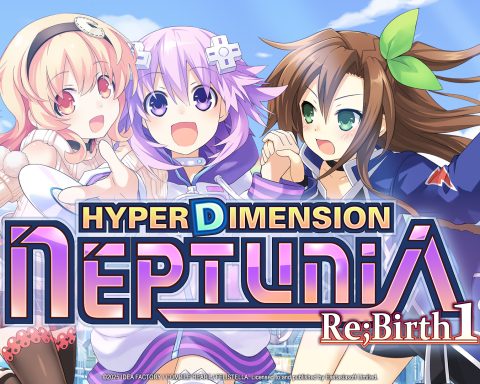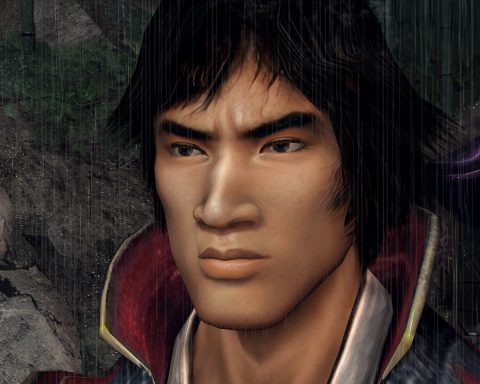List by Matt S.
With the Switch being on the market for a few years now, and having proven to be a darling with developers of all sizes, there are a lot of games on there. A lot. Thousands, in fact. And with that comes some great stories.
People generally assume that it’s the JRPGs and visual novels that have a lock on the storytelling side of video games – after all, both genres live and die by the quality of their storytelling. That’s not the case, though, and there are many other genres in which you can also find classic, deep and rich narratives. That’s the purpose of our little list this week! Listing out the ten “top” narratives that you can find on your Switch, if you’re looking for the digital equivalent to a good book to curl up with.
Tokyo Dark: Remembrance (Read our review)
Part visual novel, part adventure game, part dark (very dark) horror, Tokyo Dark: Remembrance weaves a powerfully subversive narrative about exploitation and moral corruption in Japan’s greatest city. What’s particularly compelling about this game is that the developers, who are all long time residents of Tokyo, are nonetheless also foreigners, providing a unique insight into Tokyo’s underground cultures that we just don’t often get a chance to see. I can’t think of any other video game that comes from this lens.
SeaBed (Read our review)
This yuri visual novel doesn’t look like much – it is very much a low-fi, independent project that was clearly made on the tightest of budgets for art. But do not overlook it. I implore you. I skipped over the PC release, but figured I’d give it a go the second time around with the Switch release, and to think I came so close to missing one of the most beautifully-written dissertations on relationships, love, travel and life that the visual novel medium has thrown our way. Truly, SeaBed is a magnificent demonstration of just how powerful the visual novel medium can be.
Baldur’s Gate (Read our review)
Baldur’s Gate is a true classic. If you haven’t played it, it has been around for long enough now that you really are running out of excuses. Baldur’s Gate is memorable for being one of the first truly compelling examples of intelligent emergent storytelling in video games. There had been RPGs (and others) that were “open” in the past, but Baldur’s Gate was really the first that had a narrative that worked with the player to establish a rich, vibrant world that would meld based on the player’s decisions. It never lost sight of the fact that it was a storytelling experience, either, like so many other “emergent” narrative games tend to.
Death Mark (Read our review)
Horror makes for good storytelling. It’s a genre that for many reasons isn’t seen as a storytelling experience (people tend to envision monsters sticking sharp things into teen actors with more ambition than talent at that stage of their careers), but horror has so much to tell us, about the fears of society, about psychology, and it can get plenty philosophical. Death Mark tells an intense story of Japanese ghosts and does so with a sadistic (as in “in the vision of Marquis de Sade”) edge that’s uncomfortably interesting.
Va-11 Hall-A (Read our review)
Set in a dystopian cyberpunk world (where you’ll only ever get to see the inside of a bar), Va-11 Hall-A is one of those rare beasts that doesn’t just use cyberpunk as an aesthetic – this game is the real deal, showing a vision of a world where technology has gone very wrong, people are miserable and civil unrest is bubbling. Your job is to share drinks, but really what you’re going to be doing is listening to each of your patrons, learning what makes them tick, and just how the “cyber” is in one way or another ruining their lives. It is an intense – and intelligent – character-driven drama.
Final Fantasy VIII (Read our review)
Ooooh yes, I’m going controversial with the obligatory Final Fantasy entry into this list. With Final Fantasy VII through XII (excepting XI) all available on the Nintendo Switch, my pick from a purely narrative perspective is VIII. VIII’s narrative is a complex and deeply philosophical tale of fate, time, identity and purpose. It’s a story of grief and emotional pain, of child soldiers and a true nihilism and, regardless about what you thought it was like to play, one thing about Final Fantasy VIII will remain forever undeniable – this game is incredibly intelligent. Almost too much so for its own good.
The Friends of Ringo Ishikawa (Read our review)
You’ll go into The Friends of Ringo Ishikawa expecting a brawler like Double Dragon or River City Ransom. You’ll come out the other end not knowing exactly what you played, but being fascinated by the process nonetheless. Ringo Ishikawa is part GTA, part Shenmue, part brawler and part existential nightmare. It’s the story of how the system – and world – can fail our youth, and how society simply doesn’t care. It’s not an overly wordy game, but The Friends of Ringo Ishikawa is like the very best of those “difficult student” films and novels – there’s a truth in there that’s both hard and uncomfortable, and it’s a telling indictment of our world that it never actually seems to change.
The Caligula Effect: Overdose (Read our review)
One of my favourite topics to muse on is the implications for the increasing role that digital technologies are having in the real would; the increasing ability that we have to craft our own “realities” and perceive the world as suits our tastes – aesthetically and otherwise – and lose ourselves in our own spaces. The Caligula Effect: Overdose tackles that exact theme, and does an incredible job of it, too. Using vocaloids like Hatsune Miku as the central muse, The Caligula Effect is by turns thought provoking, entertaining, and very smart, and while the whole game has its own spirit, it’s that narrative that really helps to set it apart.
Deadly Premonition (Read our review)
Putting aside the obvious inspiration that the game took from Twin Peaks (though that alone would have been enough to score the game a place on this list), SWERY’s breakout horror game is polarising, but the right kind of polarising. It’s so surreal, so discordant, and so oddball that many players will be left completely bemused by the whole experience, but it’s also a darkly funny satire that plays in – and subverts – so much of what is still standard to the horror game experience. Contrary to popular belief Deadly Premonition is not trying to be a horror game. It’s bringing into sharp focus all the deficiencies with the genre, and doing so with a big – if strange and just a little bit sinister – smile on its face.
The Midnight Sanctuary
At the start of this list I mentioned Tokyo Dark was one very unique take on Japanese culture. Midnight Sanctuary is a little similar; it is a rare look at Christianity from a Japanese perspective in video games and… I can’t think of any other game that does that to this degree either. It’s a truly unique experience, from its fascinating art style, to its highly eclectic and esoteric approach to horror. Honestly, when I think back to all the narrative experiences that I’ve had on the Switch to date, Midnight Sanctuary somehow stands out as the most fundamentally interesting of them all.
Have you got a favourite narrative experience that you’ve played on Switch so far? Let us know in the comments!
– Matt S.
Editor-in-Chief
Find me on Twitter: @mattsainsb

